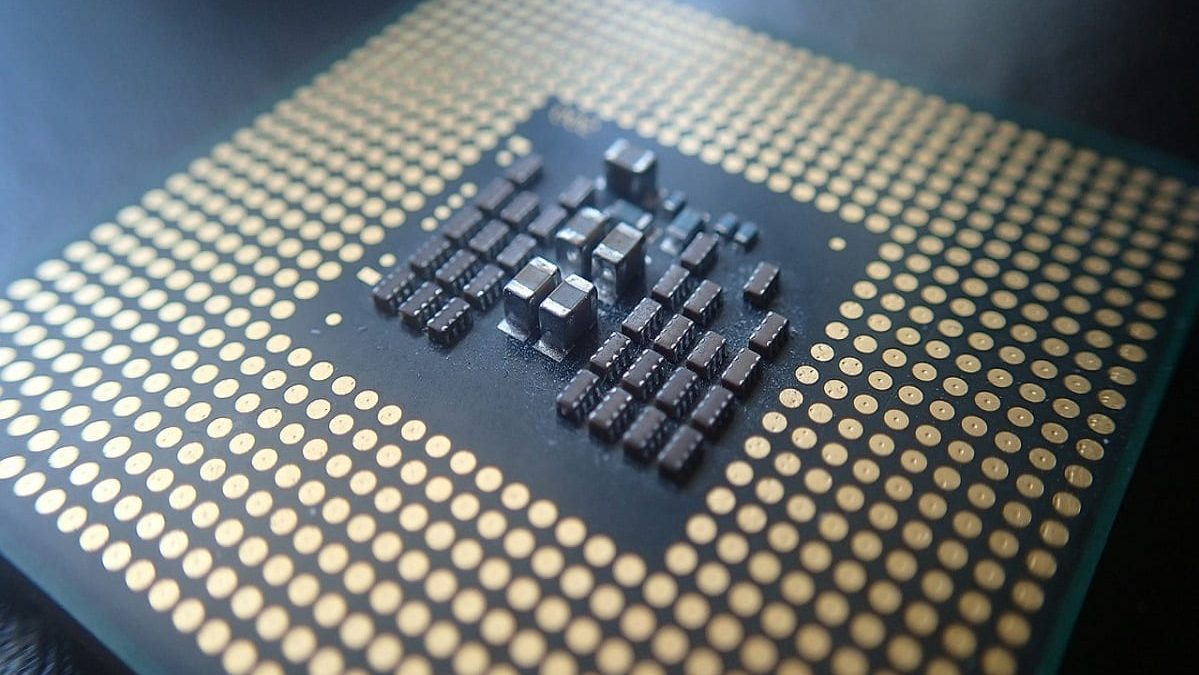Table of Contents
CPU Definition
CPU stands for Central Processing Unit. With that denomination, the hardware is known whose function is to interpret the instructions of the software. through, logical and arithmetic operations.
-
- The computers (PCs) may have a CPU or more than one. Currently, the CPUs are in an integrated circuit ( chip ) namely microprocessor.
- It notes that a single chip can house several CPUs, giving rise to the so-called multicore processors.
- The socket or CPU socket is in the motherboard and allows the connection of the microprocessor, which in most cases is not welded to extract later.
- Devices such as smartphones, tablets, and consoles, on the other hand, do bring their welded components to the motherboard, since the companies that manufacture them do not expect their customers to modify the products.
- It results in two types of configurations: a closed one, in which modifications are not allowed unless the client wishes to lose the coverage that the manufacturing company legally offers through the guarantee.
- Another is an open one, the one that desktop computers usually have, ideal for computer enthusiasts, who want to renew the components very frequently to always be up to date.
What are the functions of the Central Processing Unit?
- Sends and receives control signals, memory addresses, and data from one place to another on the computer through lines called BUS.
- These buses are the I / O doors, which connect to memory and support chips to the bus.
- Data passes through these I / O doors as they travel to and from the CPU.
- It can process many commands consecutively in a few seconds; in fact, the better the CPU, the faster the data and operations will process.
- CPU is also responsible for performing operations either of the logical, arithmetic, and transfer control operations.
- It divides into a processor, system monitor memory, and auxiliary circuits.
What are the types of Central Processing Unit?
- There are various types of CPUs, and each type comes with different degrees of memory speed and preset instructions.
- A single-core CPU is the smallest unit available. We find it in small devices that only perform a simple set of actions such as a remote control or a toy.
- Dual-core CPUs contain two control units and provide enough power and memory for personal computers. Multi-core CPUs contain several command units.
- Large industrial electronic devices, servers, and network workstations mainly use it.
What are the types of CPU Memory?
- RAM: Store programs and data, start at low addresses, and reach the beginning of the ROM.
- ROM MEMORY: Located in high memory positions, it stores basic computer routines, such as disk access routines, display, etc.
- THE PHYSICAL MEMORY: As virtual memory, they use memory addressing to access their data.
- IN THE PHYSICAL MEMORY: The address accesses the real RAM (the RAM chips built into the motherboard). And the virtual memory address refers to a space on the hard drive that simulates RAM (the paging file).

